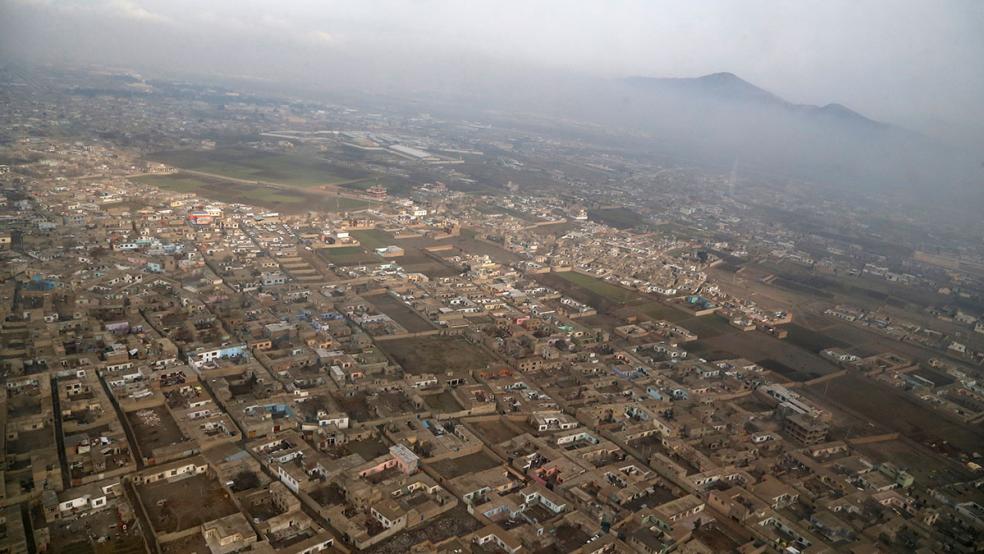President Joe Biden issued an executive order Friday clearing the way to release $7 billion held in the U.S. that was deposited by the central bank of Afghanistan before the Taliban took over last year. According to the plan announced by the White House, which will face review in the courts, roughly half of the money is to be spent on relief operations in the war-torn country, which is facing a humanitarian crisis, while the other half is to be used to satisfy legal claims against the Taliban made by people affected by the 9/11 terrorist attacks.
Last August, as the U.S. withdrew from Afghanistan and the Taliban rapidly seized control of the country, all Afghan funds in the U.S. were frozen by the Biden administration. Biden’s new executive order calls for the funds to be transferred to an account at the Federal Reserve Bank of New York, which already holds most of the Afghan assets.
The “highly unusual set of moves,” says The New York Times’ Charlie Savage, “is meant to address a tangled knot of legal, political, foreign policy and humanitarian problems stemming from the attacks and the end of the 20-year war in Afghanistan.”
In a statement, Biden said the U.S. “will continue to work tirelessly with the international community to ensure that humanitarian assistance and other support flows to the people of Afghanistan.”
But the Taliban quickly announced that it opposes the U.S. plan, and Abdullah Azzam, secretary to Taliban acting first deputy prime minister Abdul Ghani Baradar, denied the president’s right to make such a move. “Biden doesn’t have the right to pay from Afghans’ assets the ransoms of those whom the Afghans have not killed. American President should not prove his generosity by paying from others’ wealth.”
“Instead of spending trillions of American tax payers’ money on a corrupt regime and merciless war in Afghanistan, the US government should have paid the 9/11’s victims with it,” Azzam added. “Giving them traumatized Afghans’ money is a blatant theft.”
Some 9/11 victims’ relatives spoke in favor of the plan, but others expressed concerns about the morality of seizing the impoverished nation’s assets. “While 9/11 families are seeking justice for their loss through these suits, I fear that the end result of seizing this money will be to cause further harm to innocent Afghans who have already suffered greatly,” Barry Amundson, whose brother was killed in the terrorist attacks, told The New York Times.
One financial expert warned that the move could severely damage the Afghan economy, making an already bad situation much worse. Dr. Shah Mohammad Mehrabi, an economics professor in the U.S. who serves on the board of the Afghan central bank, told the Times that the move would deprive the banking system of sufficient capital, paving the way for an economic disaster. “You’re talking about moving toward a total collapse of the banking system,” he said. “I think it’s a shortsighted view.”
And at least one foreign policy expert questioned the wisdom of the plan. “The 9/11 victims deserve justice but not from the Afghan people who themselves became pawns caught in the middle of the US-led ‘war on terror’ and an oppressive Taliban regime,” Adam Weinstein, an Afghan war veteran at the Quincy Institute, told The Guardian. “The idea that overnight, the central bank reserves went from belonging to the Afghan people to being the transferable property of the United States is nothing short of colonial.”




